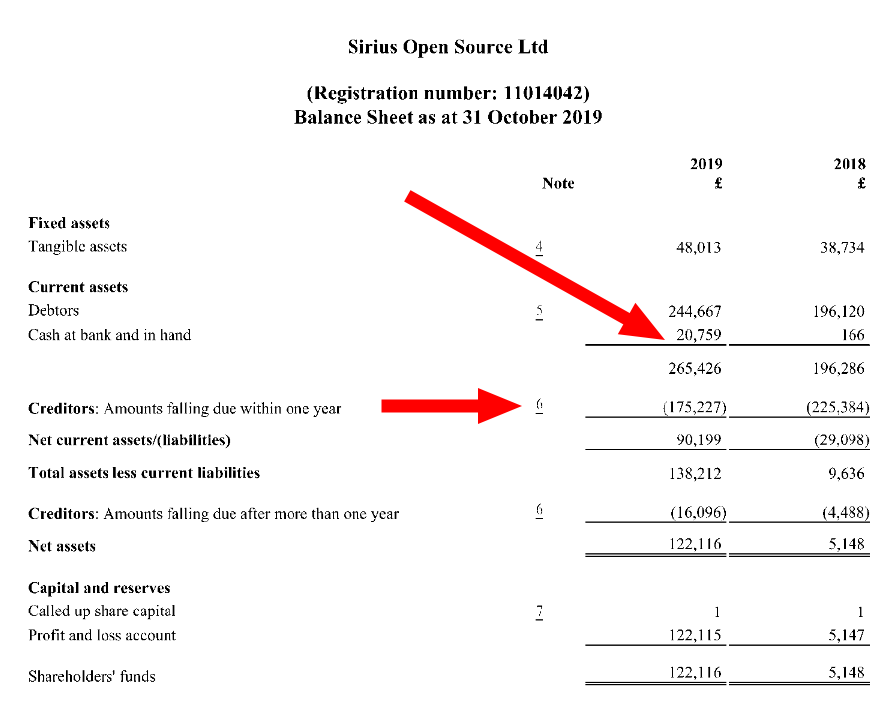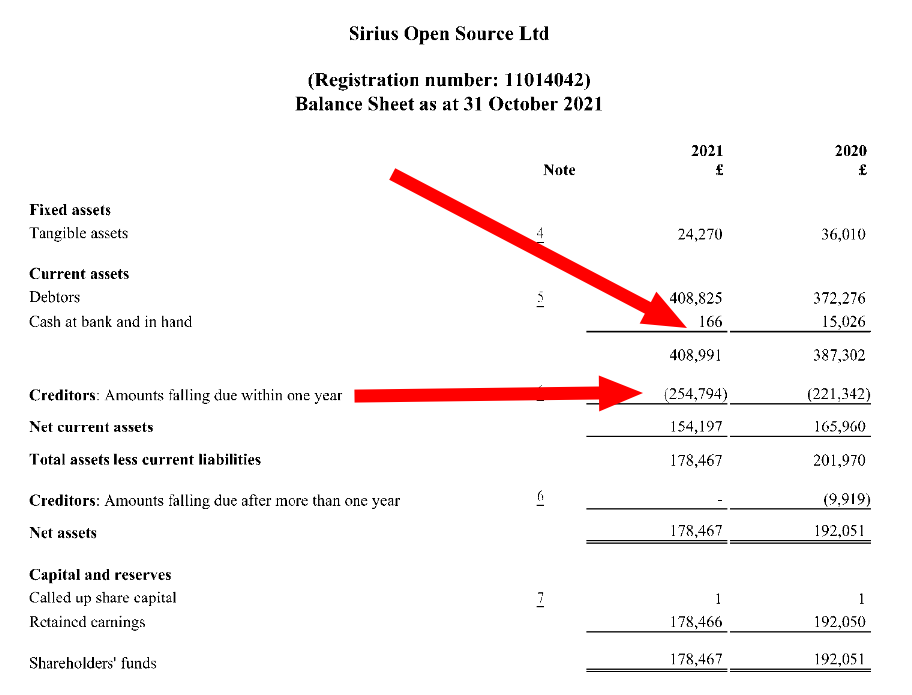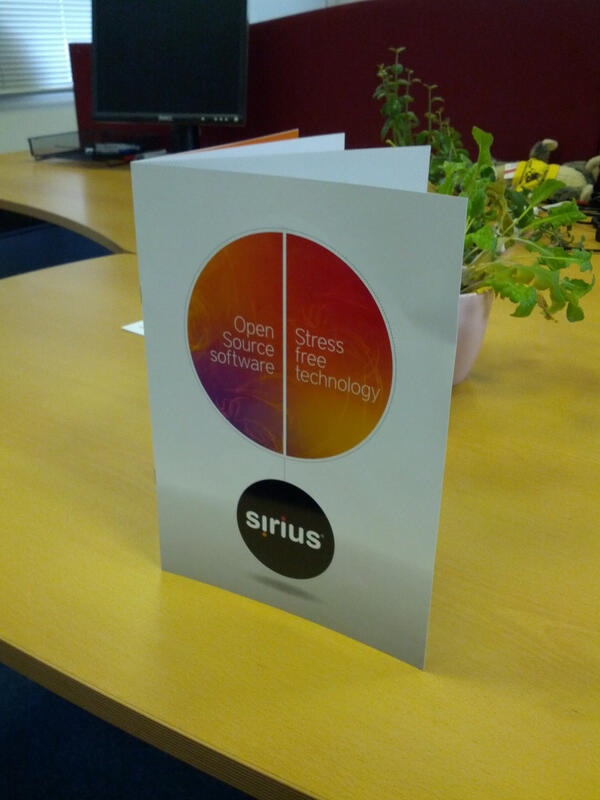NatWest – where the bad things happen all at once

 ack in 2000 I finally quit Barclays. It was horrible, I had suffered enough. Someone at HSBC advised me to look into the offer from NatWest, so I went there and have stayed their client since then. Everything was more or less okay, but in recent years NatWest became greedy, incompetent, outright insulting, and even corrupt. I would recommend NatWest to nobody. There are some local/small banks which may not have the same level of facilitation and accessibility, but at least they don’t treat people like merchandise (to be sold, exploited, herded like cattle).
ack in 2000 I finally quit Barclays. It was horrible, I had suffered enough. Someone at HSBC advised me to look into the offer from NatWest, so I went there and have stayed their client since then. Everything was more or less okay, but in recent years NatWest became greedy, incompetent, outright insulting, and even corrupt. I would recommend NatWest to nobody. There are some local/small banks which may not have the same level of facilitation and accessibility, but at least they don’t treat people like merchandise (to be sold, exploited, herded like cattle).
Earlier this year I confronted NatWest over PRISM, having discussed the issue with them even before the NSA leaks (which merely helped confirm what some of us had known for years). After the leaks I took it a step further by demanding that they disclose their privacy violations. I eventually (after some nagging) got a call from a manager/PR spinner from NatWest; he prepared for his discussion with me, keeping careful not to openly admit what I already knew. He danced around the issue of privacy and could not deny that NatWest relays financial details (data) of its customers to spies in the United States. To NatWest, we are like a product. They sell dossiers about customers. Recently, through a cashback programme, NatWest also created an incentive for customers to give up anonymous purchasing, making it more expensive for people to pay with cash. It seems likely that NatWest will therefore sell data about customers to some unnamed marketing entities and somehow allow itself to do this by adding some shrewdly-worded phrase to the terms of conditions customers will sign. As NatWest is helping the NSA harvest financial information about customers, why not do this with the commercial world too? More money for NatWest, the Facebook model foisted on your bank without your knowledge.
What really broke the camel’s back was an experience I had yesterday. It was the last straw in a sense, proving that NatWest does not care about people; neither customers not employees. I stood at the line for a teller to service me, but a guard diverted me from a teller to a machine. I told him, you’d make tellers redundant. He said it was “good for customers”. That’s just spin. There’s a hidden cost there. I was tempted to tell him that his job too could be made obsolete if he did nothing to defend the tasks which are better done by human beings (faster, less error-prone, and also with a personal touch like personalised advice).
I am generally no fan of banks, to say the very least. Like my father in law, I only ever go there when there is no other choice. I would take all my cash elsewhere if I knew of a safer alternative, but we live in a banks-dominated world and the bank (or central bank) uses inflation to push people into reliance on banks.
Here is one last item of interest. Yesterday NatWest advertised and even GLOATED about accepting 9 out of 10 requests for a mortgage! Imagine a university advertising itself like this. It’s like a new advertising campaign and they use cookies (plus coffee) to lure people into so-called mortgage ‘advisors’. Yes, not to worry! They just accept 90% of requests. And they brag about it. Another crisis coming, eh? Where they lend out 10 times the money they have — my money, your money, every saver’s money. If you or I did this, we’d be in prison for creating a Ponzi scheme, but big banks enjoy protection from the government, which is just too happy to throw our money (or growing national, i.e. collective, debt) at them. They lend out to almost everyone, never mind credit ratings, history, capability/inability to pay back. They seem to rely too much on bailouts and just count on bulk interest payments in order to increase profit as well as risk. See Cyprus to witness what this means to savers. Their money can get literally confiscated, robbed. And NatWest is clearly part of the problem. It’s not selective at all, it just gives savers’ money to any Joe and Jane that walks in.
Avoid NatWest. It’s a scam and it doesn’t give a damn about people. It’s everything that’s wrong about banking. Not to mention downtime of their on-line banking service (which seems to require many reboots because it Windows-based)…






 Filed under:
Filed under: 






 WO years ago I took a train down south and traveled to the office, probably for the first time in about a year (usually that’s the interval to be expected, owing mostly to company Xmas parties; that annual ritual of socialising with colleagues). I did not know it would be the last time. Last July we shut down the physical office, due to COVID-19, without intentions of ever reopening it. There was not much practical use for it anymore (regardless). That was almost exactly one year after I went there to sign some papers. I started working from home around 2007. Back then there wasn’t much need for me (anymore) to have physical (face-to-face) meetings, so I could get stuff done from home and occasionally travel if a meeting was strictly necessary. It took another 13 years before that sort of ‘work style’ (or ‘lifestyle’) became sort of ‘normal’.
WO years ago I took a train down south and traveled to the office, probably for the first time in about a year (usually that’s the interval to be expected, owing mostly to company Xmas parties; that annual ritual of socialising with colleagues). I did not know it would be the last time. Last July we shut down the physical office, due to COVID-19, without intentions of ever reopening it. There was not much practical use for it anymore (regardless). That was almost exactly one year after I went there to sign some papers. I started working from home around 2007. Back then there wasn’t much need for me (anymore) to have physical (face-to-face) meetings, so I could get stuff done from home and occasionally travel if a meeting was strictly necessary. It took another 13 years before that sort of ‘work style’ (or ‘lifestyle’) became sort of ‘normal’.
 ack in 2000 I finally quit Barclays. It was horrible, I had suffered enough. Someone at HSBC advised me to look into the offer from NatWest, so I went there and have stayed their client since then. Everything was more or less okay, but in recent years NatWest became greedy, incompetent, outright insulting, and even corrupt. I would recommend NatWest to nobody. There are some local/small banks which may not have the same level of facilitation and accessibility, but at least they don’t treat people like merchandise (to be sold, exploited, herded like cattle).
ack in 2000 I finally quit Barclays. It was horrible, I had suffered enough. Someone at HSBC advised me to look into the offer from NatWest, so I went there and have stayed their client since then. Everything was more or less okay, but in recent years NatWest became greedy, incompetent, outright insulting, and even corrupt. I would recommend NatWest to nobody. There are some local/small banks which may not have the same level of facilitation and accessibility, but at least they don’t treat people like merchandise (to be sold, exploited, herded like cattle).
 Y BT Internet connection has been faulty since the beginning of this year. I have spent no less than about 10 hours speaking to support representatives in an offshore call centre, all of whom go through the script and a list of steps that “test” the connection, never mind if a dozen people before them ran the same tests. I have been polite but assertive, especially after these issues persisted for months. But never ever did they send out an engineer (meaning, a UK-based person paid at UK rates) to address the issue. At one stage they sent out a replacement router, but unsurprisingly this did not resolve the problem.
Y BT Internet connection has been faulty since the beginning of this year. I have spent no less than about 10 hours speaking to support representatives in an offshore call centre, all of whom go through the script and a list of steps that “test” the connection, never mind if a dozen people before them ran the same tests. I have been polite but assertive, especially after these issues persisted for months. But never ever did they send out an engineer (meaning, a UK-based person paid at UK rates) to address the issue. At one stage they sent out a replacement router, but unsurprisingly this did not resolve the problem.